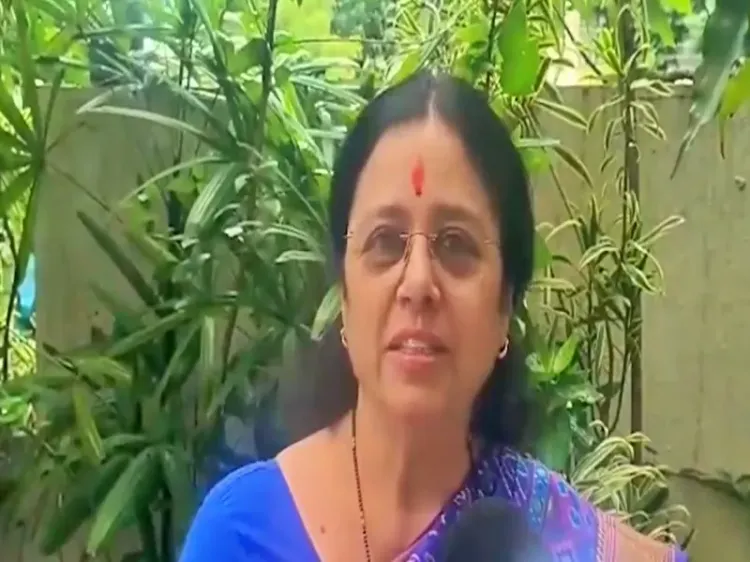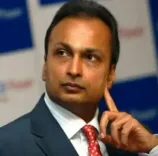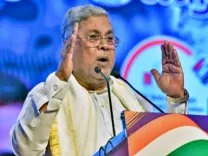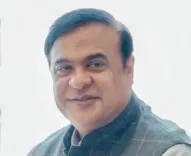How Are GST Reforms Being Welcomed by BJP MP Medha Kulkarni?

Synopsis
Key Takeaways
- GST reformed to two primary slabs: 5% and 18%
- Essential goods exempt from GST
- Agricultural goods tax reduced to 5%
- Reforms align with PM Modi's vision of a healthier India
- New structure aims to ease compliance for businesses
Pune, Sep 4 (NationPress) Bharatiya Janata Party (BJP) Rajya Sabha MP Medha Kulkarni has commended Prime Minister Narendra Modi and Finance Minister Nirmala Sitharaman for enhancing the Goods and Services Tax (GST) framework.
In a statement to IANS, she remarked: “Both Prime Minister Modi and Minister Sitharaman are garnering nationwide accolades as the GST, which once had four tiers, has been simplified to just two.”
Kulkarni indicated that while a third tier of 40% remains for ultra-luxury products, the focus has shifted to two main rates: 5% and 18%.
She pointed out that basic household necessities, including ghee, are now completely exempt from GST, making them more accessible to the average citizen.
Furthermore, agricultural products that were taxed at 12% have been reduced to 5%, and medical items along with insurance policies have also benefited from decreased GST rates.
“This initiative is a Diwali present for the populace,” Kulkarni stated, highlighting that these reforms align with the Prime Minister’s promise on Independence Day to make GST more user-friendly.
She added that the GST Council’s decision signifies a commitment to alleviating the financial strain on common families, especially during festive occasions like Ganesh Utsav, currently being celebrated in Maharashtra.
“With the blessings of Ganpati Bappa, we are fortunate,” she attributed the reforms to divine favor and sound governance.
The updated GST system is poised to simplify compliance, reduce consumer costs, while maintaining higher rates solely for luxury automobiles and premium products—categories that, according to Kulkarni, do not influence the average Indian household.
Earlier, PM Modi remarked that the upcoming GST reforms are a stride towards constructing a healthier and more robust India.
Engaging with social media users on X and responding to comments from economists, corporate workers, and the middle class regarding GST 2.0 reforms, PM Modi stated that these actions embody the vision of 'Swasth Bharat' by making essential food items and protein-rich products more affordable for families nationwide.
“The #NextGenGST initiatives reflect the vision of 'Swasth Bharat' by making essential food items, cooking essentials, and protein-rich products more affordable for families across India,” PM Modi expressed.
“Alongside programs like Ayushman Bharat and POSHAN Abhiyaan, these reforms enhance our commitment to better health, balanced nutrition, and improved life quality for every citizen,” he added.
Pointing to the broader reform journey, the Prime Minister noted that the last decade has been marked by brave decisions shaping India’s economic environment.
PM Modi recalled corporate tax reductions that stimulated investments, the implementation of GST that established a unified market, and personal income tax modifications that improved living conditions.
According to him, the new GST reforms continue this path by rendering the system simpler, fairer, and more growth-focused.
He also mentioned that India’s fiscal discipline has enhanced global confidence and upgraded the country's credit ratings, establishing a solid foundation for a Viksit Bharat.
PM Modi connected the reforms to the rural economy, especially the dairy sector, stating that the role of India’s Annadatas has been vital in ensuring nutritional security and fortifying the rural economy.
“Through initiatives like the Rashtriya Gokul Mission, support for cooperatives, and ongoing reforms, our Government is dedicated to revolutionizing India’s dairy industry. The #NextGenGST reforms empower countless dairy farmers, enhance value addition, and render dairy products more affordable for every household,” PM Modi concluded.






